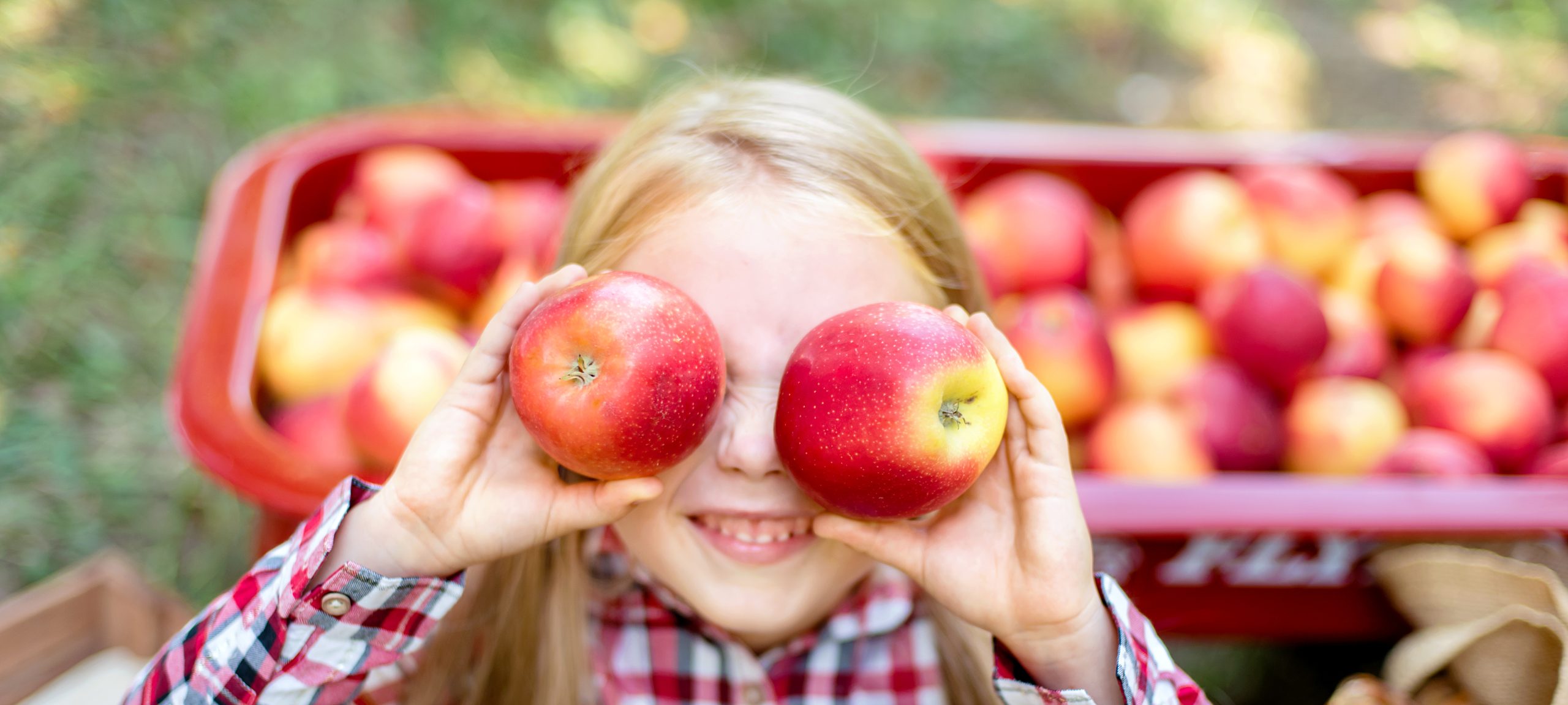A focus on personal relationships, increased production and technological advances lead the trends in agriculture for 2020 and beyond.
The top agricultural trends in 2020 are optimistic. They’re focused on relationships, growth and technological advancements. While climate issues, tariff concerns and natural resource conservation are on the minds of fruit and nut growers and tree farmers across the country and around the world, small farms continue to evolve, many growers plan to increase production and technological advances in agriculture make it possible to do more with less.
Here are three agricultural trends to watch in 2020.
1. The predominance and branding of family farms.
According to an article on FarmProgress.com, family farms make up 98% of all U.S. farms and account for 85% of U.S. agricultural production. Of U.S. farms producing $1 million or more in annual revenue, 88% of them are family operations, with 27% of them producing specialty crops such as fruits, nuts and vegetables. However, small-scale family farms (those with $250,000 or less in annual revenues) still account for 25% of the total U.S. agricultural production and own 61% of the total farmland in the U.S.
What does this mean? It means that there’s room for family-owned farms of all sizes to carve out a niche and grab their share of the market. Because of consumers’ ever-growing desire to know where their food comes from, family farms of all sizes will increasingly build their brands through logos and websites, and engage in direct relationship marketing with consumers through social media and other online platforms.
2. Increased production for specialty crop, direct-market growers.
While large, wholesale growers have faced uncertainty in the marketplace due to tariffs and market surpluses, many smaller, direct-market growers plan to increase production in 2020 and beyond. Parlaying the commitment of locavores to buy from known growers, they’re focusing on quality over quantity and looking for new ways to generate demand among young families.
According to a January, 2020 article on GrowingProduce.com, fruit and nut growers overwhelming plan to either maintain or increase current production levels in the new year.
3. Increased use of automation and other technologies.
Automation and other technologies help farms of all sizes conserve both labor dollars and natural resources. Among the top trending new and/or improved latest technologies in agriculture in this new decade are:
- Robotics. The use of robots in the agricultural industry will help address labor shortages by performing tasks like thinning and weeding. They can also alleviate issues with human error in harvesting and handling of crops. Abundant Robotics, in Hayward, California, has developed an apple-picking vacuum equipped with computerized sensors that determine ripeness and pluck only those ready to be picked.
- Precision irrigation. As water management is an ever-increasing concern among both crop and livestock farmers, automated variable rate and drip irrigation systems equipped with water sensors will rise in popularity as they allow crop farmers to precisely control, down to individual plants, the amount of water delivered. They also greatly reduce the water loss due to evaporation and surface run-off associated with overhead sprayers These systems have the most impact in areas of the U.S. where water is allocated, like California and Colorado. Seametrics, in Kent, Washington, has developed flow meters and smart sensors that can be used to convert traditional irrigation systems into precision irrigation systems.
- Smart spraying. In addition to conserving natural resources, growers continue to look for ways to lower operating expenses and reduce waste. Density-based, “intelligent” spraying systems, equipped with LiDAR technology, will be more widely used among tree farmers and fruit and nut growers in the coming decade. These smart sprayers offer advantages over ultrasonic and conventional air blast sprayers by allowing growers to target chemicals directly to a tree’s canopy, dramatically reducing overspray, airborne drift, root damage, spray loss on the ground and groundwater contamination. Smart Apply, Inc., in Indianapolis, Indiana offers the Smart Apply® Intelligent Spray Control System™, which is an add-on kit that easily retrofits nearly any existing air blast sprayer. Based on USDA research, the Smart Apply Intelligent Sprayer is the only density-based sprayer on the market. Growers who have adopted this smart sprayer have realized an up to 73% reduction in chemical use.
Growing into a new decade
While farming in the 2020s and beyond will remain challenging, family-owned farms can, and will, prevail. By committing to quality and relationship building with consumers, they can continue to generate demand for their specialty crops. And, by embracing the latest agricultural technologies, they can decrease operating costs while increasing their yields and improving their bottom lines.
At Smart Apply, we’re committed to helping tree and nut growers and nursery owners across the United States and around the world realize chemical cost savings, improved sustainability through healthier trees and plants, cleaner and safer groundwater and greater overall yields, with an easy-to-use, reliable system based on years of research and cutting-edge technology.
Learn more about the Smart Apply Intelligent Sprayer:
- Visit SmartApply.com to get more information and request a demo.
- Call: 317.222.4152 to talk to a Smart Apply expert today.
If you’d like to partner with a company that’s revolutionizing agriculture spraying systems and get ahead of the curve, join the Smart Apply team today.

